
Interviews are pivotal moments in one’s career journey, offering the opportunity to showcase qualifications, experience, and personality to potential employers. Excelling in an interview requires more than just the right qualifications; it necessitates thoughtful preparation and adept communication skills. When confronted with typical interview questions, responding effectively is crucial, demonstrating competence and suitability for the role. This blog will outline strategies for crafting the best answers to interview questions.
In job interviews, success hinges not only on qualifications and experience but also on effectively communicating one’s suitability for the role. Central to this communication is the art of understanding the question posed by the interviewer. Indeed, comprehending the query entirely lays the foundation for crafting the most compelling and relevant responses. In this essay, we delve into the significance of understanding the question and explore strategies to leverage this understanding to deliver optimal interview answers.
Clarity and Precision: Before formulating a response, it is imperative to grasp the essence of the question. Ambiguity or misinterpretation can lead to disjointed or irrelevant answers, undermining one’s candidacy. Thus, the initial step in responding to interview questions is to seek clarity. Please take a moment to dissect the question, identifying its essential components and any nuances that may influence your response.
Contextual Relevance: Every interview question is rooted in a specific context, whether it pertains to your past experiences, skills, or hypothetical scenarios. Understanding this context is essential for tailoring your response to the interviewer’s expectations and the role’s requirements. By discerning the underlying purpose of the question, you can address it in a manner that resonates with the interviewer and underscores your suitability for the position.
Active Listening: Effective communication is a two-way street, requiring active engagement from both parties. In the context of an interview, this translates to attentive listening to the interviewer’s queries. Pay close attention to the question’s phrasing, tone, and emphasis, as these subtle cues can offer valuable insights into what the interviewer seeks to uncover. By practicing active listening, you can better understand the question and tailor your response accordingly.
Strategic Framing: Once you have grasped the essence of the question, it is essential to frame your response strategically. Consider how your experiences, skills, and accomplishments align with the inquiry. Structure your response clearly and concisely, leveraging specific examples to illustrate your points. By framing your response strategically, you can effectively convey your qualifications and suitability for the role.
Adaptability and Flexibility: Sometimes, interview questions may be multifaceted or open-ended, requiring adaptability and flexibility in your response. Approach the question from different angles to showcase your critical thinking skills and problem-solving abilities. Be prepared to adjust your response based on any follow-up inquiries or clarifications from the interviewer.
Confidence and Assurance: Confidence is a cornerstone of effective communication, particularly in the high-stakes environment of a job interview. Demonstrating confidence in your response instills faith in your abilities and fosters a positive impression with the interviewer. Trust your preparation and expertise, and convey your response with conviction and assurance.
The culmination of an interview often rests on the final moments when candidates are allowed to leave a lasting impression. How one concludes their responses can significantly influence the overall perception of their suitability for the role. Concluding with confidence not only underscores competence but also instills trust and assurance in the interviewer. This essay explores the importance of confidently concluding interview responses and discusses strategies to master this essential skill.
Leaving a Lasting Impression: The conclusion of an interview response serves as a pivotal moment to solidify the candidate’s candidacy. It is the last impression the interviewer receives before moving on to the next question or concluding the interview. Concluding with confidence ensures that this final impression is one of competence, professionalism, and conviction.
Demonstrating Conviction: Employers highly value confidence in one’s abilities and expertise. Candidates who conclude their responses with conviction convey a sense of assurance in their qualifications and suitability for the role. This conviction resonates with interviewers, instilling confidence in the candidate’s capabilities.
Reinforcing Key Points: The conclusion of an interview response provides an opportunity to reinforce key points and emphasize the relevance of the candidate’s contributions. By summarizing the main arguments or examples in their response, candidates can ensure their message is clear, concise, and memorable.
Projecting Professionalism: Confidence in one’s demeanor and speech projects professionalism, essential in making a favorable impression during an interview. Maintaining composure and delivering confident responses signal to the interviewer that the candidate is poised, self-assured, and capable of handling challenges effectively.
Expressing Gratitude and Enthusiasm: In addition to confidence, expressing gratitude for the opportunity to interview and enthusiasm for the role further enhances the candidate’s appeal. A sincere expression of appreciation conveys professionalism and courtesy, while enthusiasm demonstrates genuine interest and commitment to the position.
Practicing Self-Assurance: Building confidence in interview responses requires practice and self-assurance. Candidates can cultivate confidence by thoroughly preparing for the interview, rehearsing responses, and visualizing successful outcomes. Adopting a positive mindset and believing in one’s abilities are fundamental to projecting confidence during the interview.
Handling Uncertainty with Grace: Confidence does not imply infallibility; it entails handling uncertainty with grace and poise. If confronted with a question to which the candidate does not know the answer, responding with confidence may involve acknowledging the uncertainty while expressing a willingness to learn and adapt.
Maintaining a Positive Demeanor: Throughout the interview, maintaining a positive demeanor and body language reinforces confidence. Candidates should strive to make eye contact, sit upright, and speak clearly and assertively. Non-verbal cues play a significant role in conveying confidence and professionalism.
Concluding with confidence is a vital aspect of delivering effective interview responses. By demonstrating conviction, reinforcing key points, projecting professionalism, expressing gratitude and enthusiasm, practicing self-assurance, handling uncertainty gracefully, and maintaining an upbeat demeanor, candidates can leave a lasting impression on interviewers and position themselves as strong contenders. Mastering the art of concluding with confidence empowers candidates to showcase their qualifications and suitability for the position with poise and assurance.
Understanding the question is paramount to crafting the best interview responses. By seeking clarity, discerning contextual relevance, practicing active listening, strategically framing your response, embracing adaptability, and exuding confidence, you can effectively navigate interview questions and convey your qualifications and suitability for the role. Ultimately, mastering the art of understanding the question empowers you to leave a lasting impression and emerge as the ideal candidate for the position.
In conclusion, mastering the art of responding to interview questions requires preparation, attentiveness, and authenticity. By understanding the question, structuring your responses, showcasing relevant experience and soft skills, demonstrating cultural fit, being authentic, practicing active listening, and concluding confidently, you can effectively convey your qualifications and suitability for the role. A well-crafted response can ultimately leave a lasting impression, setting you apart as the ideal candidate for the position.
Interview Expert is also here to help you phrase your best answer to interview questions without interview coaches. We have an array of interview coaches who can help you master the art of interviewing and showcase your skills and abilities to a potential employer.
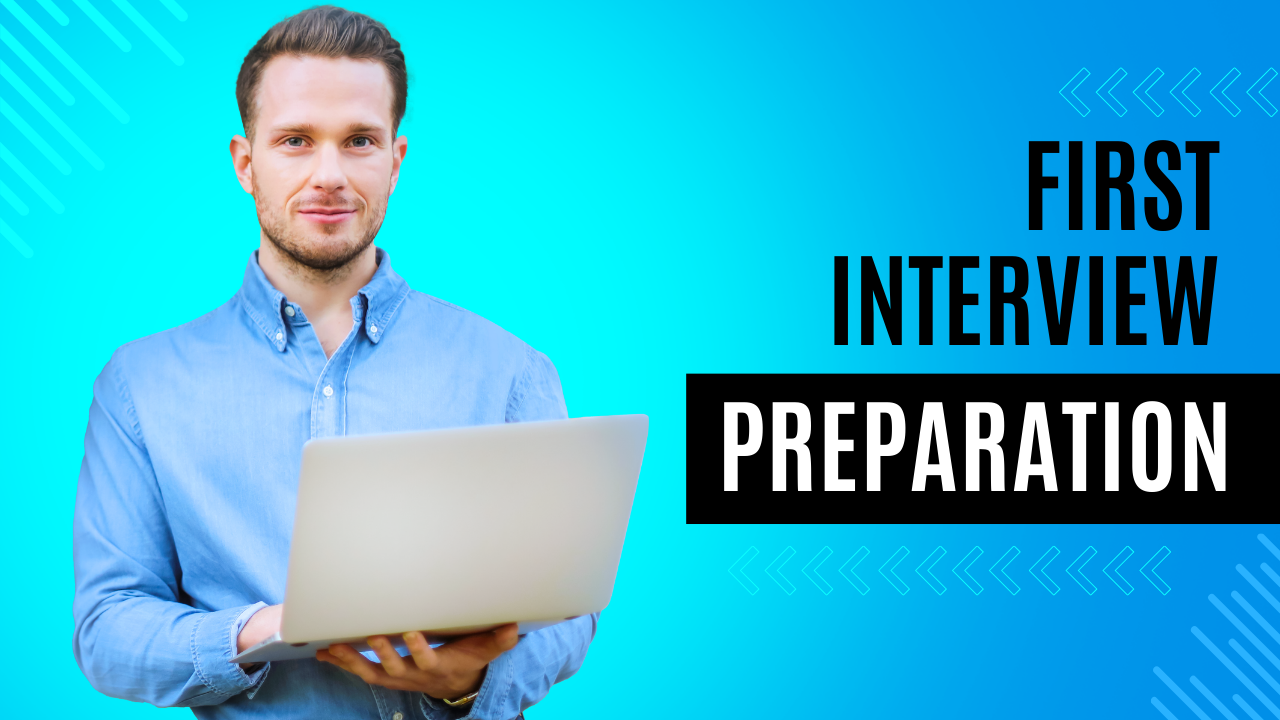
3 months ago, admin

3 months ago, admin

3 months ago, admin
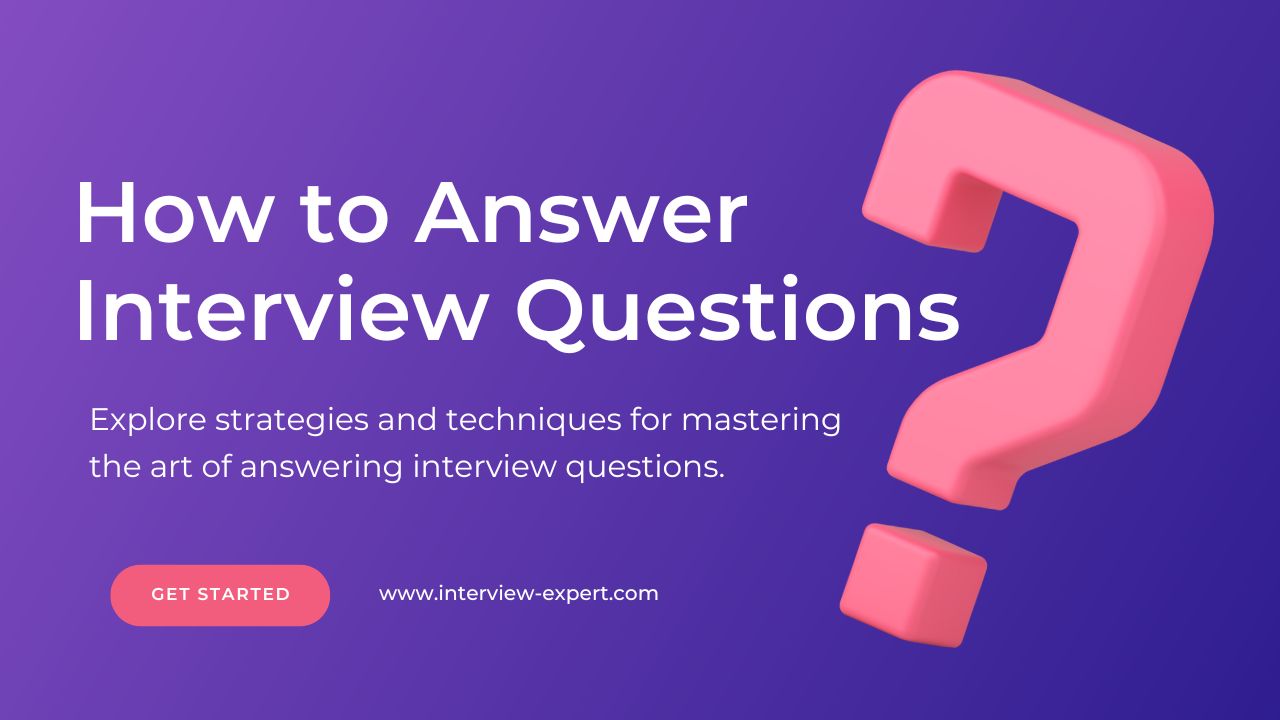
11 hours ago, admin
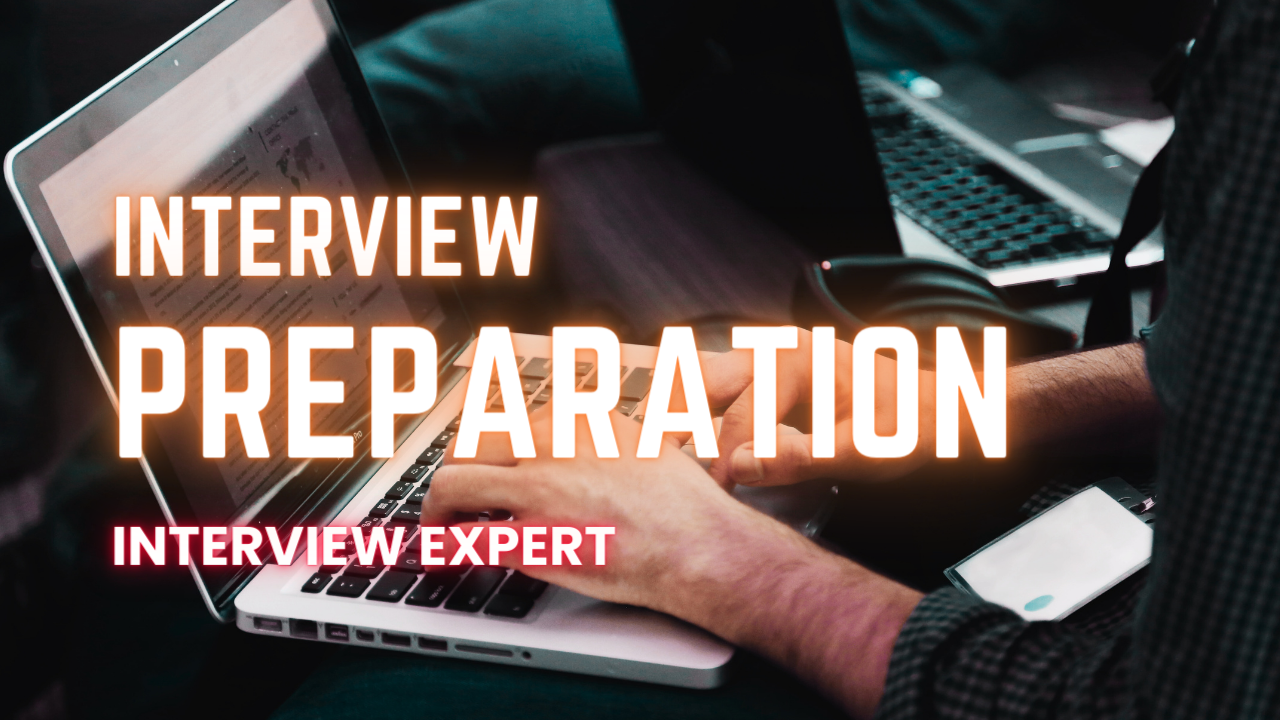
6 days ago, admin
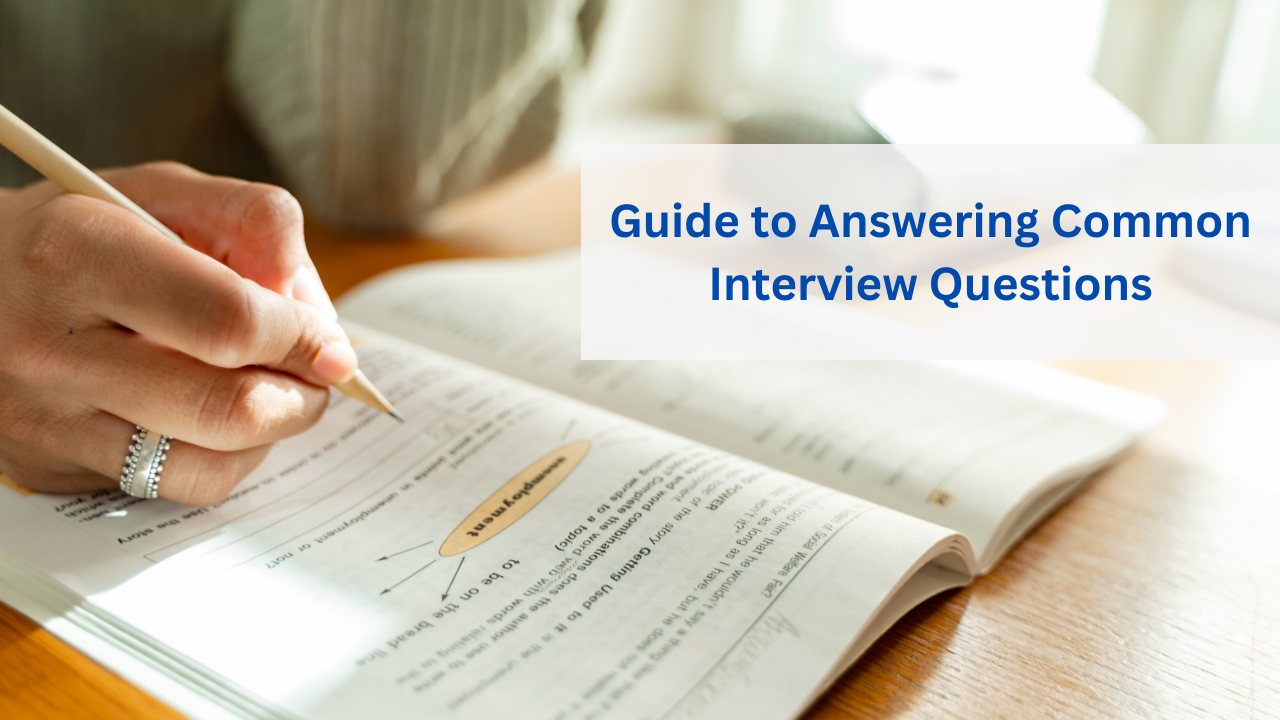
1 week ago, admin
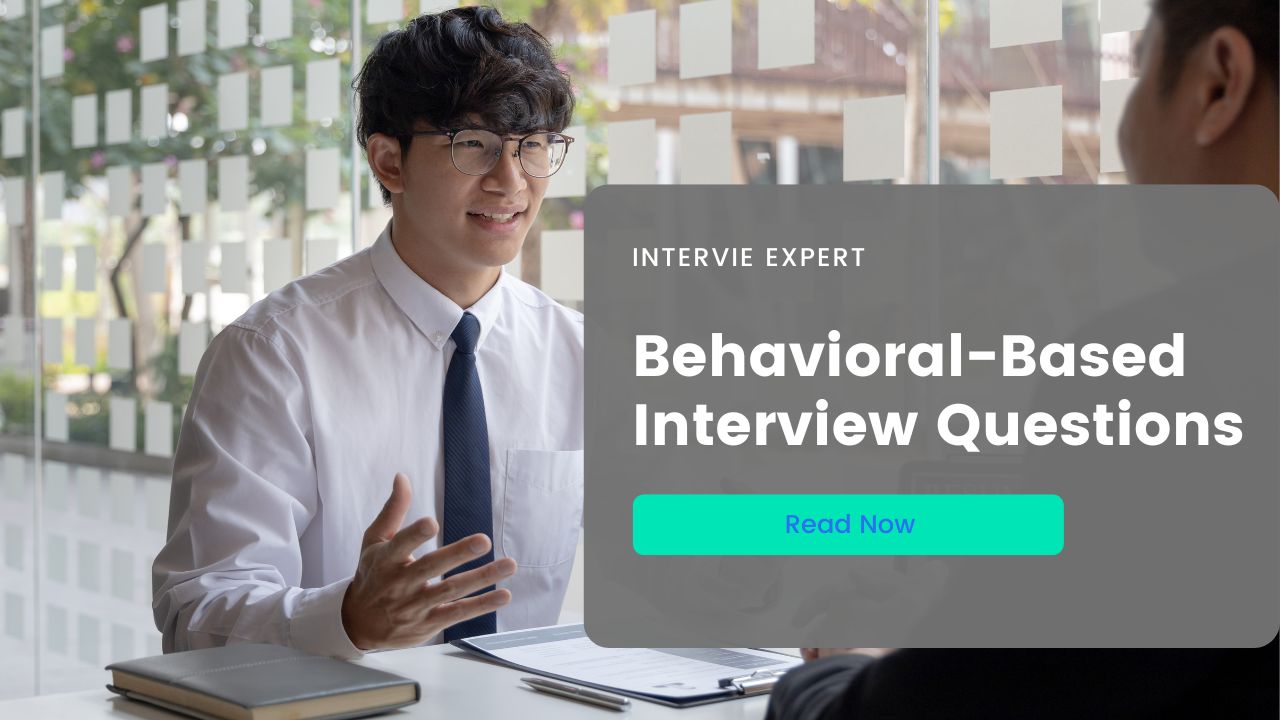
2 weeks ago, admin
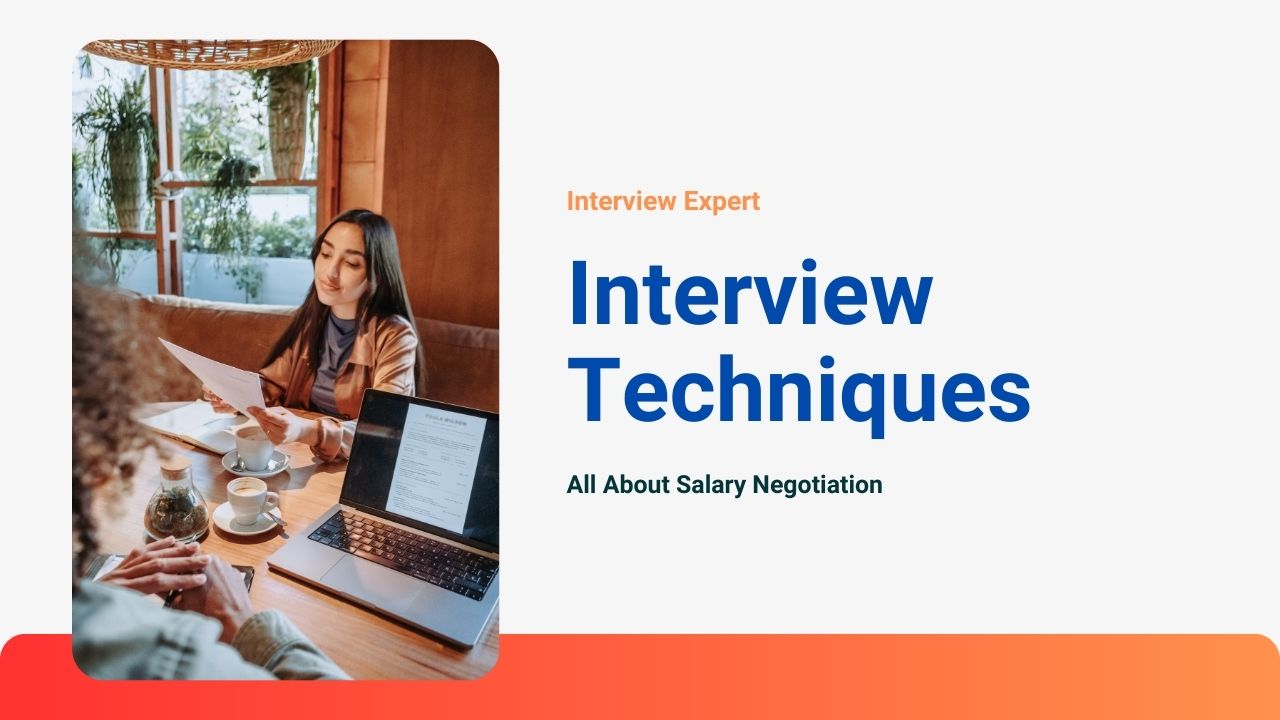
2 weeks ago, admin